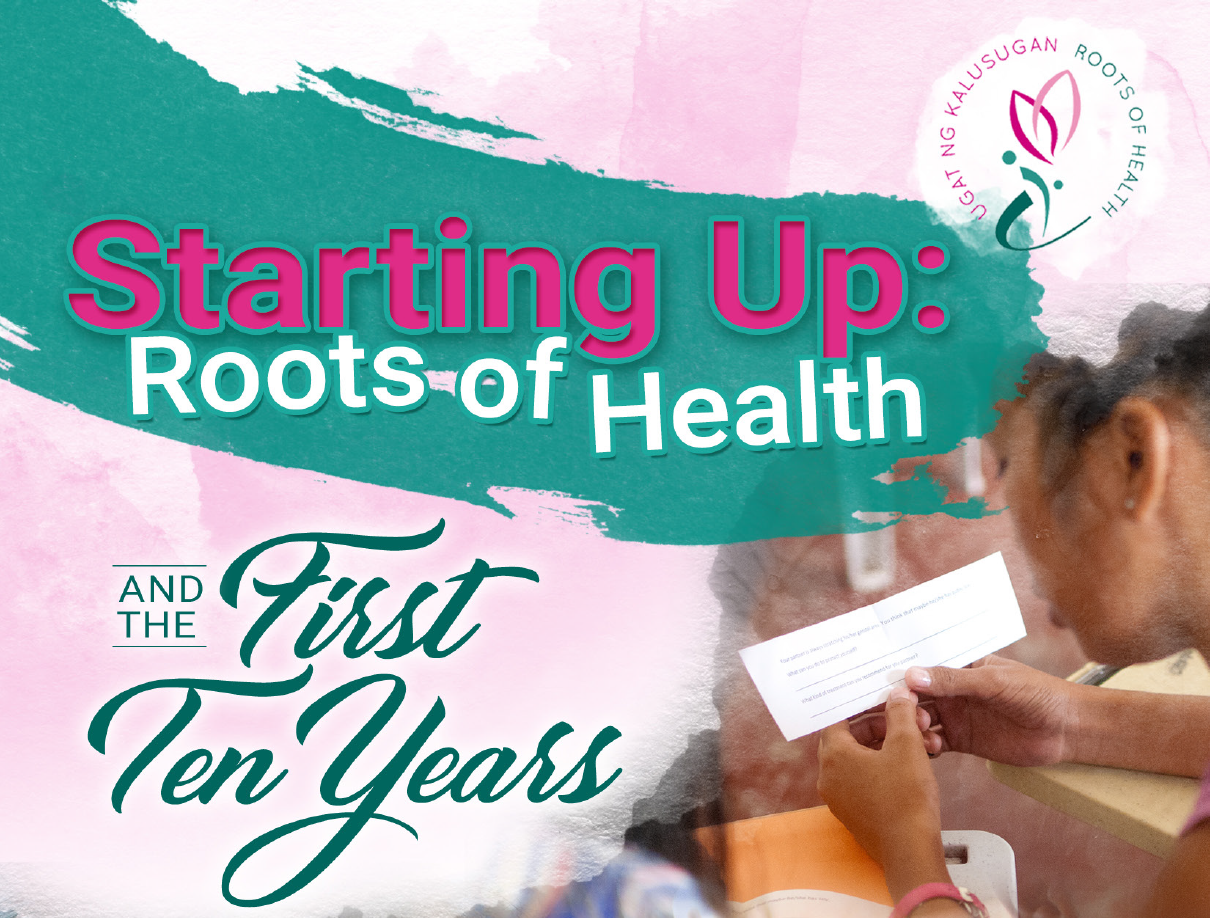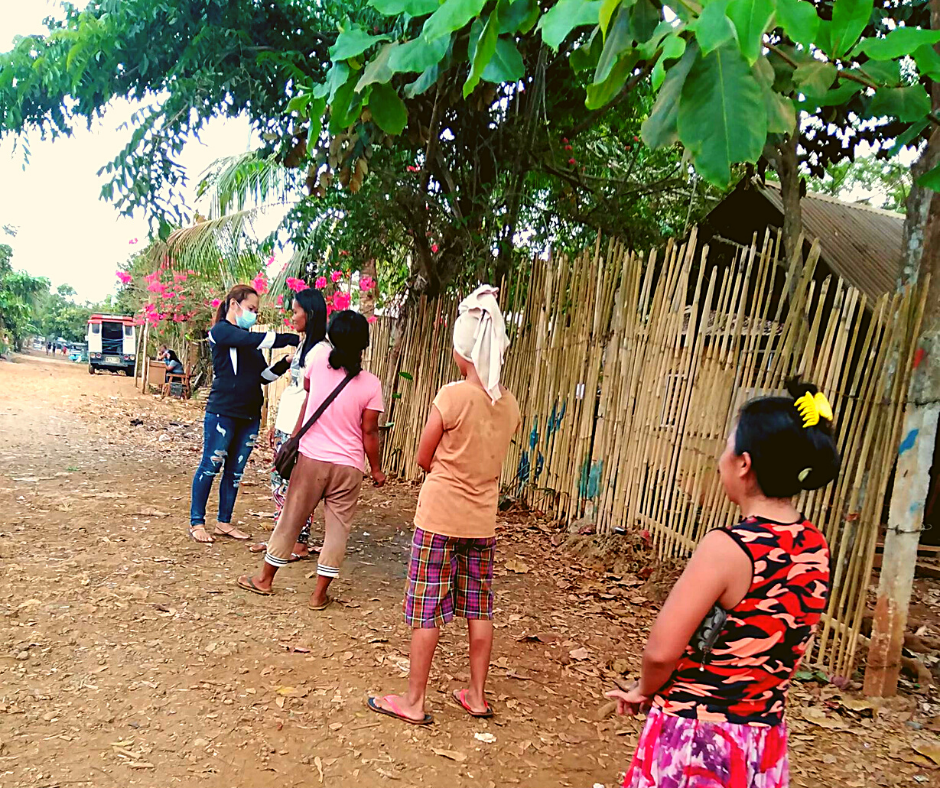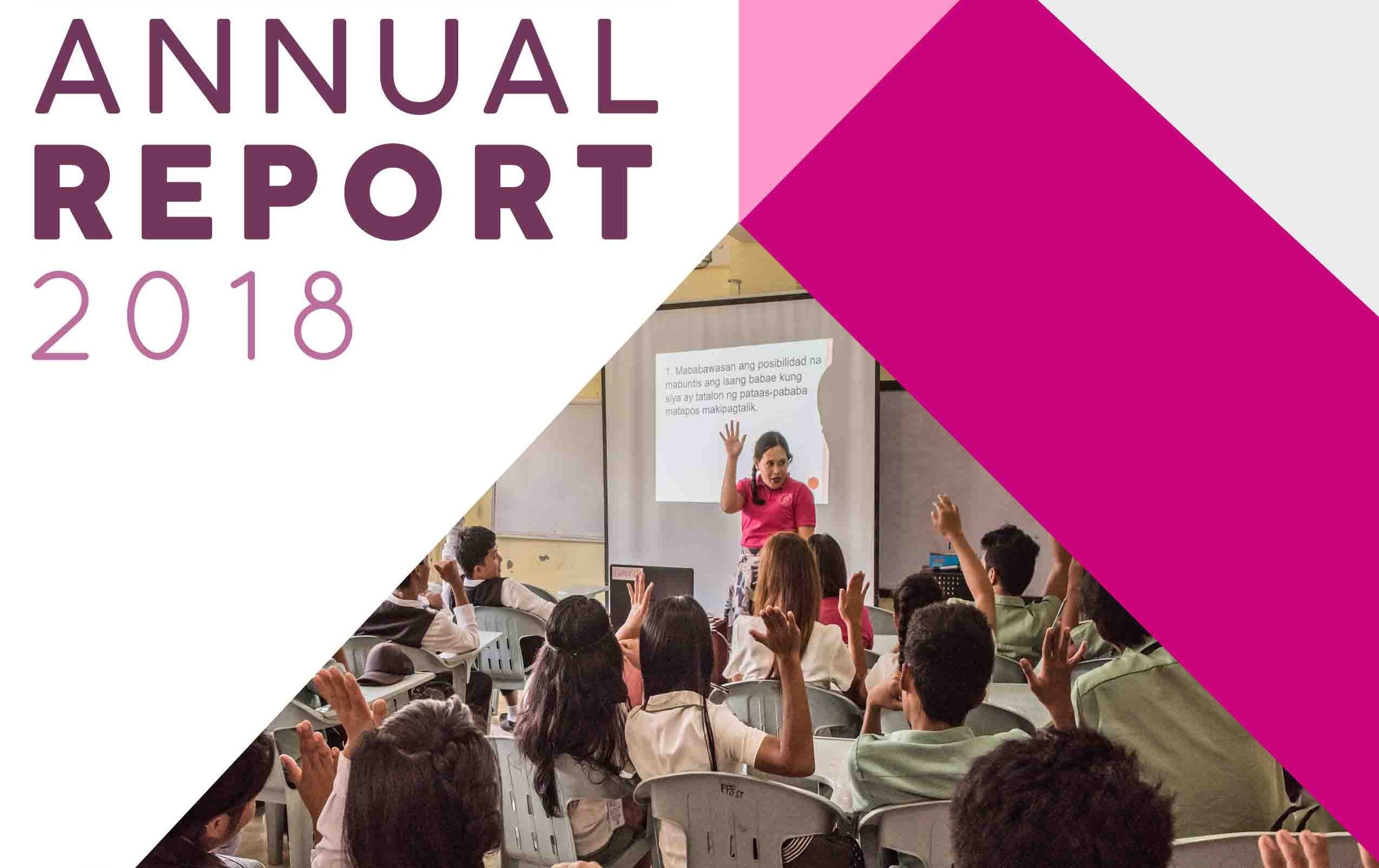Advocates, health care workers, educators, parents, and civil service organizations can learn a thing or two from how a small organization in Palawan changed thousands of women and young people’s lives. As a professor at Palawan State University, Susan Evangelista witnessed how her students dropped out of school after getting pregnant, usually unplanned. She saw, through her students, that unplanned pregnancies usually derailed young women from what would’ve been a
Because of strict COVID-19 lockdown rules, women can’t even visit a health facility or pharmacy two blocks away to get birth control. Meanwhile, contraceptive supplies are dwindling in health facilities due to supply chain disruptions. This could lead to a surge in unplanned pregnancies. An unplanned pregnancy disrupts a woman’s life in so many ways—even more so during a pandemic of this magnitude. With little to no opportunities to work,
09
Mar 2019
2018 Annual Report
17
Apr 2018
Our 2017 Annual Report
We are happy to report that 2017 was our most impactful year to date. We would like to invite you to read about our successes, challenges and exciting developments in this year’s Annual Report.
10
Nov 2017
Roots of Health Wins a With and For Girls Award
Roots of Health is honored to receive a With and For Girls Award for our work improving access to reproductive health services and education for young people.
Filipino charity Roots of Health, recognised for its work providing pregnancy-related services and raising awareness of reproductive health rights and family planning, is one of 23 non-governmental organisations (NGOs) worldwide to receive a 2016 Stars Impact Award.
17
Feb 2016
Raised Pinay – A Benefit Performance
Raised Pinay (Raised Filipino Woman) is a benefit show on March 31 at the Philippine Consulate of New York and April 2 at NYU’s Palladium Hall. This original activist theater piece featuring an all-pinay cast who will share their own stories of being raised as a Filipina.
01
Dec 2015
Roots of Health: What We’re All About
Roots of Health reaches over 16,000 girls and women with our holistic approach to women's health, which includes sex education, clinical services, community-based health support and life skills training.
07
Oct 2015
2014 Annual Report
Although 2014 was a busy year filled with growth, we are continually striving to reach more women and young people. Together with our New York Board of Directors and Philippines-based Advisory Committee, we have been envisioning the future of the organization and how we can grow sustainably.
15
Aug 2015
Reaching Out Over Radio
How do you reach young people in geographically isolated areas? This was the problem Roots of Health faced before starting a radio show to give adolescents the information they need to make informed decisions.







